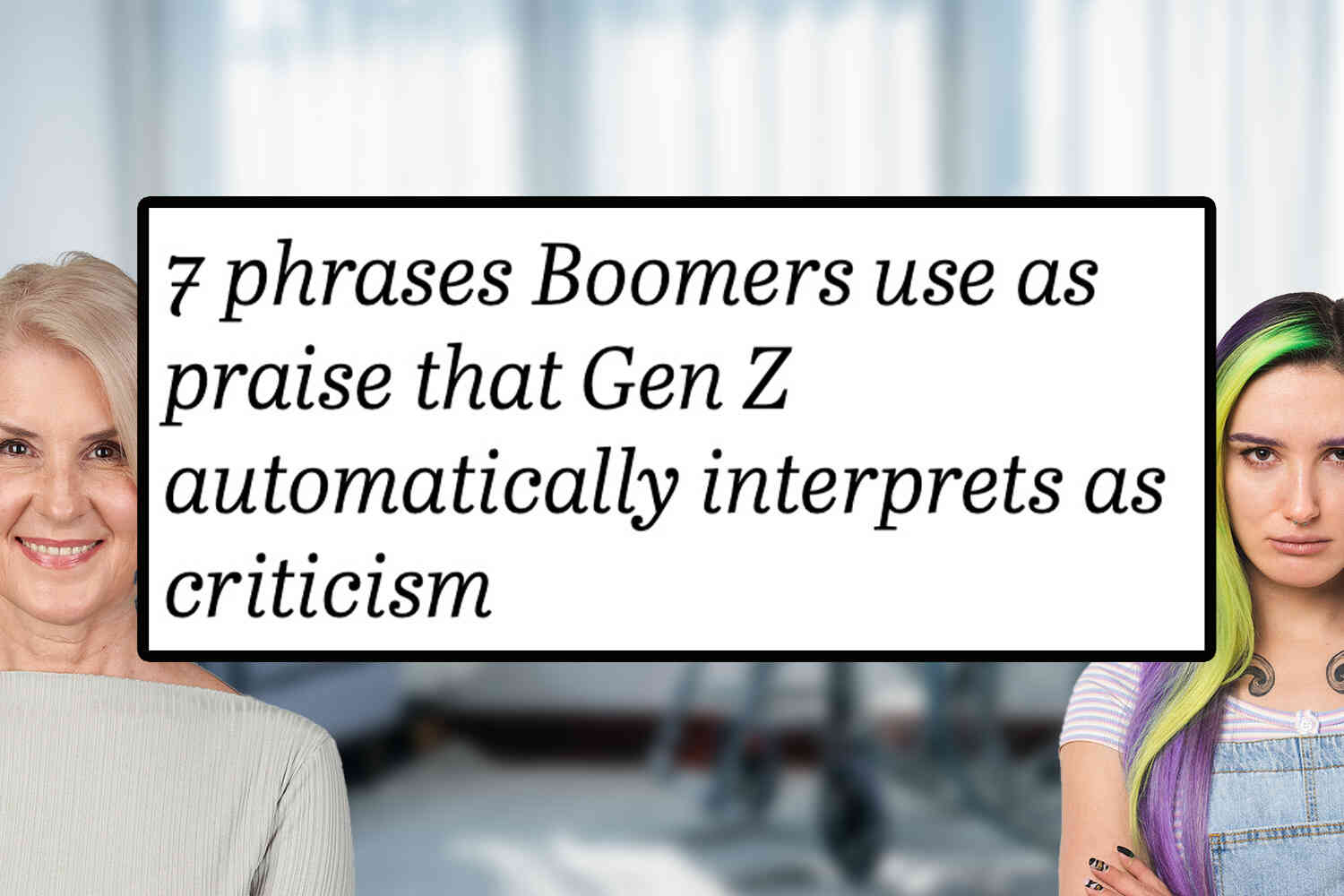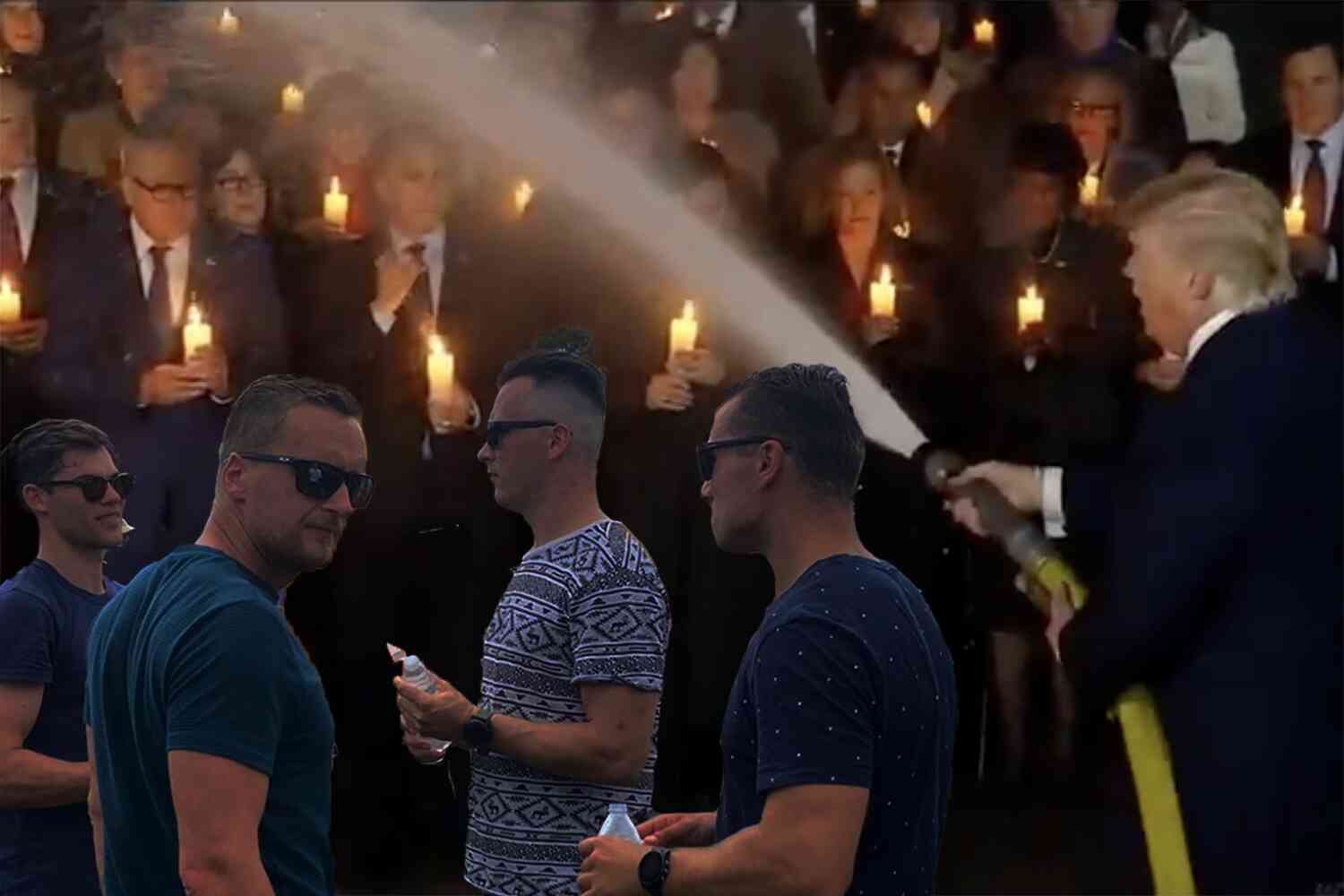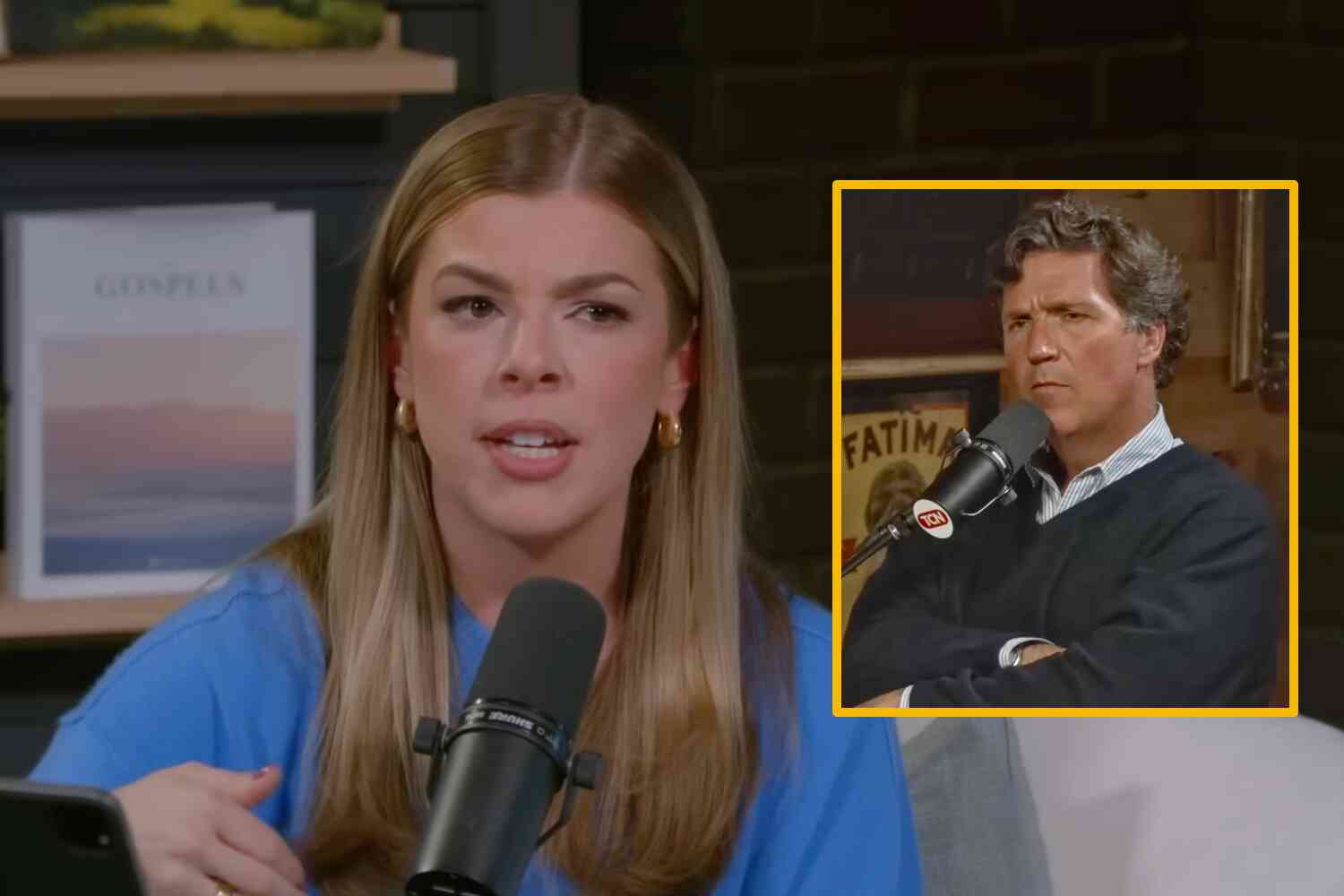Christian Twitter exploded last week with what seemed like a million different takes on preacher Alistair Begg and his recent comments on a podcast where he told a concerned evangelical grandmother that he didn't think her attending a so-called "gay wedding" would necessarily be an endorsement of the faux-marriage itself.
He has been hailed as a hero by many Christians, but also by many secular and apostate voices that don't necessarily benefit a conservative preacher like Begg. He has also been called a sell-out, a wolf, a heretic, has seen his long-standing radio program cancelled by American Family Radio, and was apparently disinvited from speaking at this year's Shepherd's Conference.
This is the era we live in. In some ways, it's cancel culture come to Christendom.
Commit one error - and for the record, I do believe it was an error on Begg's part - and it's off with your head.
I just can't get on board with that kind of philosophy or approach. If Begg had demonstrated a pattern of capitulation, a spirit of compromise, an ongoing march towards seeking the applause of men over faithfulness to the Word, then something more than gentle rebuke is in order.
But Begg confesses and preaches a Christian sexual ethic. He is faithful to Scripture when he preaches, and I say that as one who doesn't subscribe to his Calvinistic approach to free will - something that is anything but a trivial issue.
In terms of his controversial advice, let me address it plainly. I would not have counseled that grandmother as Begg did. My conclusion would have been different, and here's why: I don't believe a wedding is merely a social event where one can attend, show hospitality, warmth, kindness, and Christian charity to those we believe are in error.
It is a thoroughly spiritual event, and the union of a man and wife serves as a witness to the world of the union of Christ and His church. A same-sex "wedding" then, intentionally or not, at best distorts and at worst makes a mockery of that mysterious union. Christians would be (and should be) extraordinarily uncomfortable participating in any such event, no matter the tendency of the world to misinterpret or misrepresent our absence.
It's not just same-sex weddings that this rule applies to, of course. My choice two decades ago not to participate in a second wedding of a friend who had committed adultery, abandoned a spouse, and married the lover, severely damaged my relationship with them. But it was application of that same principle that I believed then, and believe now, was right. In time, after that marriage had predictably fallen apart, we have thankfully rebuilt a friendship.
Few things have impacted me as powerfully over the last few years as this incredible example of Christian unity I encountered in an article by Tony Cooke. The article discussed two of the modern giants of the Christian faith in the West, John Wesley and George Whitfield. Those two men were used significantly by God to birth and shape what became known as the evangelical revival of the 1700s.
What's amazing about the article Cooke wrote was the incredible hostility that these two men held towards the core beliefs of the other. As an Arminian, Wesley believed strongly in free will. As a Calvinist, Whitfield emphasized a predestination theology. While preaching Christ, while winning souls for His kingdom, they were all but sworn theological enemies. How deep was their divide?
When Wesley first began to preach against predestination (he called it a "monstrous doctrine" and "blasphemy"), Whitfield said to him, "Why dispute? I am willing to go with you to prison, and to death, but I am not willing to oppose you." Whitfield, though, was outraged when Wesley wrote an anti-predestination pamphlet and sent it to America, where Whitfield had been having great success.
Later, Whitfield had a heated meeting with Wesley back in England, and Wesley gave the following account of that confrontation: "He (Whitfield) told me that he and I preached two different gospels; and therefore, he would not only not join with me or give me the right hand of fellowship, but was resolved publicly to preach against me and my brother (Charles), wheresoever he preached at all."
That's intense theological disagreement over a core doctrine - not some superfluous bickering over trivial matters like styles of worship music. So why did an article about what is an exceedingly common dispute among Christian leaders stand out to me? Not because these two theologians disagreed, but because in their disagreement they still revered, respected, and honored one another as vessels through which Christ was doing His important work on earth.
Even though they never came to terms over their theological differences, they eventually learned to respect each other. One of Whitfield's followers (who obviously still held great animosity against Wesley) said to Whitfield, "We won't see John Wesley in the heaven, will we?" Whitfield humbly replied "Yes, you're right, we won't see him in heaven. He will be so close to the Throne of God and we will be so far away, that we won't be able to see him!"
At one point, when Wesley appeared to be near death, Whitfield wrote him and said, "…a radiant throne awaits you, and ere long you will enter into your master's joy. Yonder he stands with a massive crown, ready to put it on your head amidst an admiring throng of saints and angels."
Wesley, though, recovered from his illness, and Whitfield eventually died first. At Whitfield's request, Wesley preached at three memorial services held for Whitfield in London. Wesley spoke lovingly and respectfully of Whitfield and said, "There are many doctrines of a less essential nature with regard to which even the most sincere children of God…are and have been divided for many ages. In these we may think and let think; we may ‘agree to disagree.'"
That's where I stand with Alistair Begg. I have learned much from him. I have been brought closer to the throne of God by the Holy Spirit using him. I fully anticipate both of those things happening again in the future despite my disagreement with him over the issue of attending a "gay wedding."
I look forward to one day discussing it all with him in heaven, where I am quite confident "a radiant throne awaits" him.
P.S. Now check out our latest video 👇
Disclaimer: The opinions expressed in this article are those of the author and do not necessarily reflect the opinions of Not the Bee or any of its affiliates.









